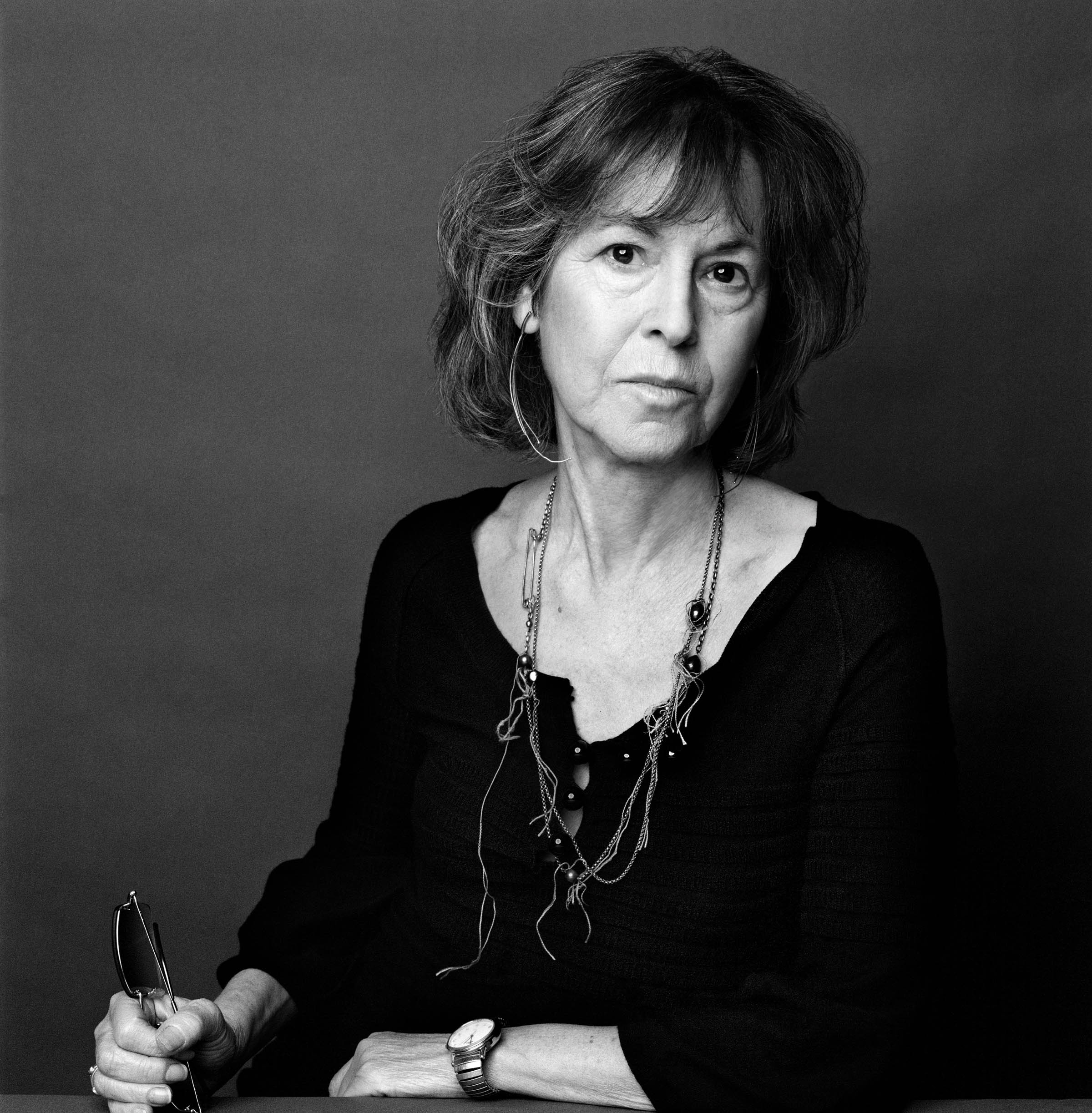Glück, Louise << glihk, loo EEZ >> (1943-2023), an American poet, gained recognition for her straightforward poems that deal with such themes as disappointment, isolation, loss, and rejection. She won the 1993 Pulitzer Prize for poetry for her collection The Wild Iris (1992). She was appointed poet laureate of the United States for 2003-2004. In 2020, Glück won the Nobel Prize in literature.

Although Glück’s poetry often seems bleak, reviewers praised her skill in drawing the reader into her verse. Her language resembles everyday speech, but her well-crafted poems display a unique voice.
Many of Glück’s poems are highly personal and sometimes autobiographical. They commonly deal with love, marriage, and family, often in an angry, bitter, or brutally honest way. In other works, such as The Triumph of Achilles (1985), she explored themes from classical mythology, fairy tales, and the Bible. Her reflections on Greek and Roman myths also appeared in Meadowlands (1996), Vita Nova (1999), and Averno (2006). She explored the sterile, futile lives of residents of a modern village in A Village Life (2009).
Glück’s first book of poetry was Firstborn (1968). Her other collections include The House on Marshland (1975), The Garden (1976), Descending Figure (1980), Ararat (1990), The Seven Ages (2001), October (2004), Poems 1962-2012 (2012), Faithful and Virtuous Night (2014), and Winter Recipes from the Collective (2021). Proofs and Theories: Essays on Poetry (1994) and American Originality: Essays on Poetry (2017) are collections of her essays. Marigold and Rose (2022), a short novel, imaginatively relates the inner thoughts of twin sisters with opposite personalities during the first year of their lives.
Louise Elisabeth Glück was born on April 22, 1943, in New York City. She studied at Sarah Lawrence College and Columbia University and received a law degree from Williams College. She taught at a number of colleges, including Williams College and Yale University. She died on Oct. 13, 2023.
